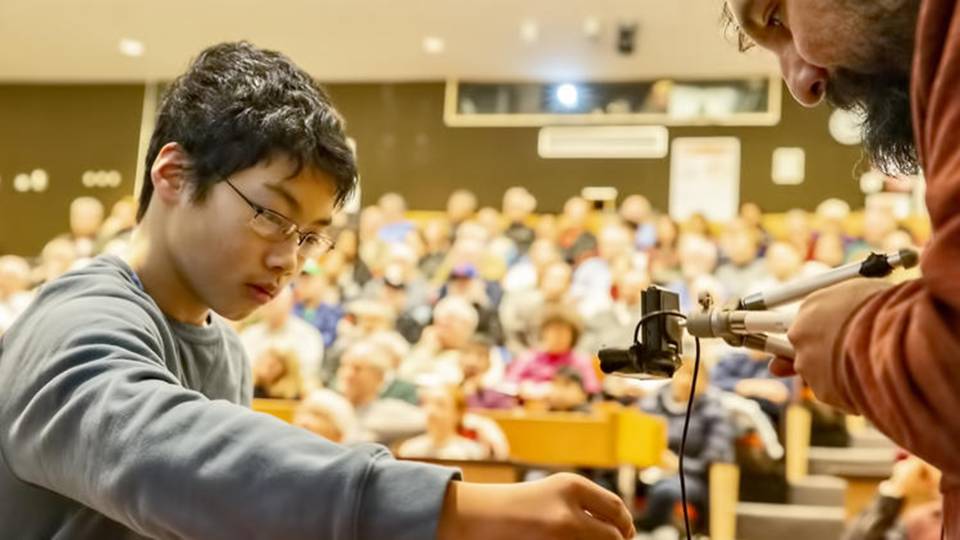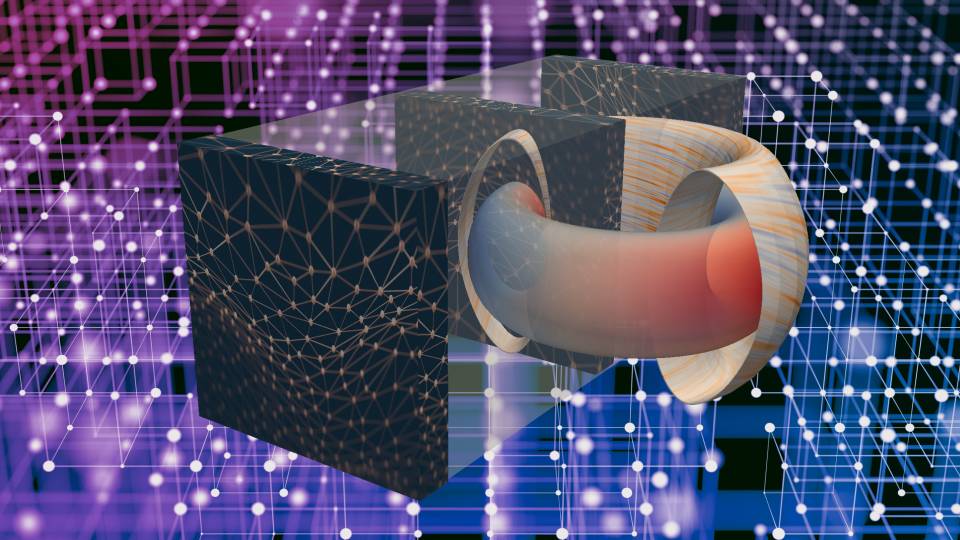The Princeton Plasma Physics Laboratory's annual "Science on Saturday" program -- a series of seven talks ranging from the science and application of global positioning system technology to the study of burning plasmas -- is scheduled for Jan. 27 through March 17.
The talks begin at 9:30 a.m. on designated Saturdays and usually run about two hours. The program is geared toward high school students, but all campus and local community members are invited to attend the lectures in the Gottlieb Auditorium on the Forrestal Campus.
No preregistration is required; registration takes place on site before each session. Seating is on a first-come, first-served basis. Heightened security at the lab requires that all adult visitors show government-issued photo identification. Directions and further information are available from the PPPL website.
This year's series includes the following lectures:
- Jan. 27: "Where's Waldo? The Science and Application of GPS" by Edward Groth, professor of physics at Princeton.
- Feb. 3: "Everything's Relative and Other Fables from Science and Technology, or Don't Believe Everything Your Teachers Told You" by Tony Rothman, lecturer in physics at Princeton.
- Feb. 10: "On the Road to Petascale Computing" by Scott Klasky, senior research and development scientist at the Scientific Computing Group, Oak Ridge National Laboratory.
- Feb. 17: "Exploration of Frozen Fire and Volcanoes of the Deep Sea" by Peter Rona, professor of marine geology and geophysics at Rutgers University.
- March 3: "Real-Time Radionuclide Identification in Dynamic Urban Environments" by Charles Gentile, head of PPPL's tritium systems group.
- March 10: "Teaching Engineering with Antiques" by Michael Littman, professor of mechanical and aerospace engineering at Princeton.
- March 17: "ITER: The International Path to the Study of Burning Plasmas" by Ned Sauthoff, director of the U.S. ITER Project Office, Oak Ridge National Laboratory.



